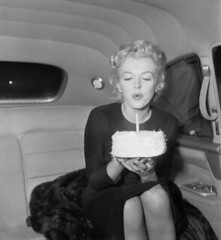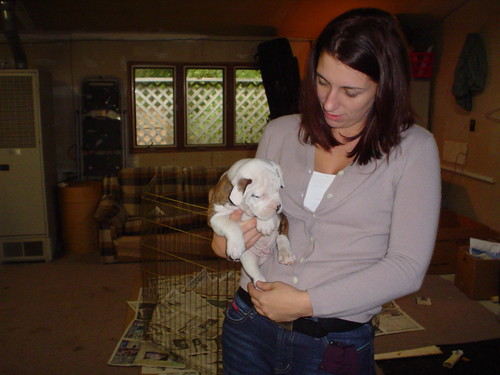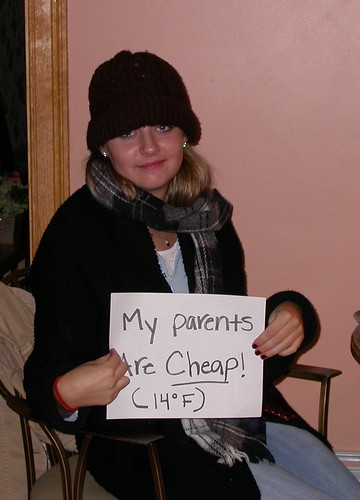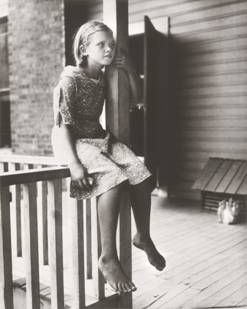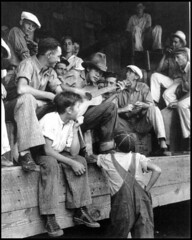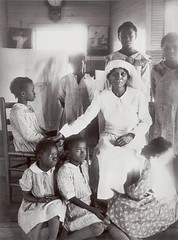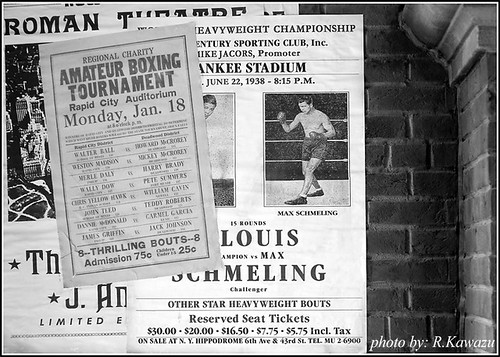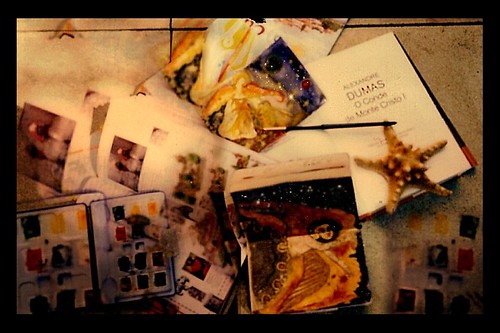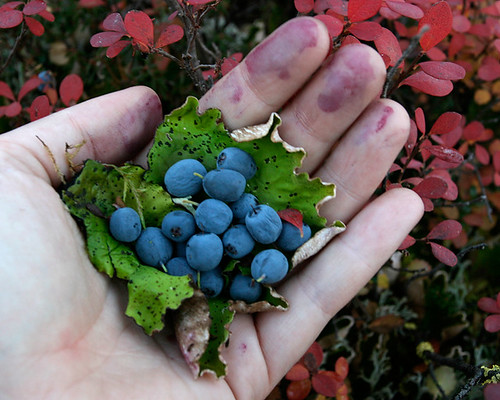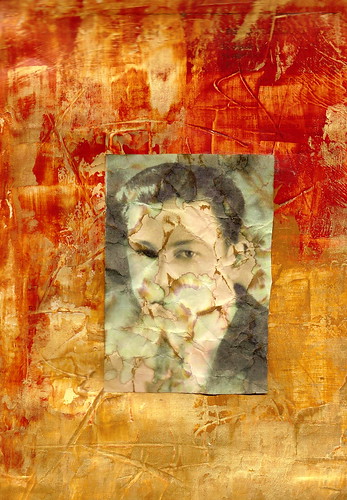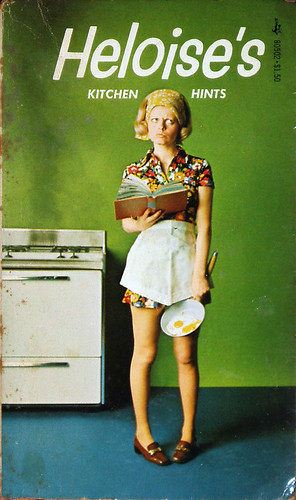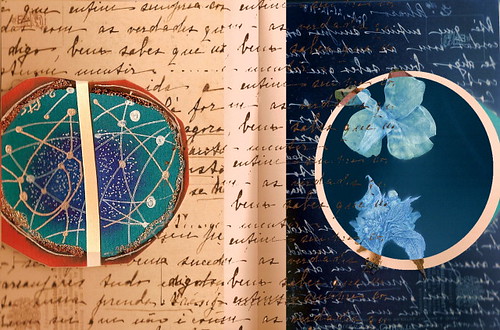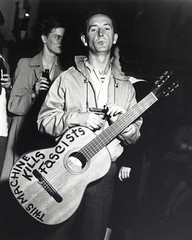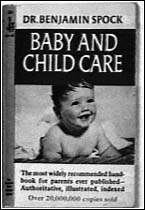
Okay, this is something I've hardly ever told anyone. My mother toilet trained me when I was nine months old. That's right. I wasn't walking. I wasn't talking. But when my mother sat my little bum on the toilet and gently told me what to do, I did it.
I quickly learned that my title as the wunderkind of potty training was one best kept under wraps. For one thing, most people didn't believe me. Not possible, I was told. Babies don't have the muscle control, the more scientific minded added. And if the people I was talking to happened to be parents, they had a story about their three year old's struggle with the process to convincingly debunk my tale.
"Are you sure?" I asked my mother skeptically on several occasions.
She never wavered. "You were nine months old."
If, for some reason, I was believed, the result was even worse. So
that was my problem.
Hadn't my mother read Dr. Spock? they'd say, looking at me suspiciously, sensing that I was probably even more screwed up than they thought.
Well, uh, yeah of course, but she was more focused on the bit about what to do when your child gets into the strychnine or the symptoms of spinal meningitis. (We tend to be worriers in our family.) She must have skipped the chapter on toilet training.
I, of course, read it avidly, and what I learned was that potty training before the child was absolutely ready led to major psychological damage. A lifetime of "issues".
Being about 18 at the time, (the prime age for parental persecution) I experienced an
Aha! moment right there on the spot. I thumped the book down in a kind of triumph. So it
was all her fault. I knew it! I just knew it.
Now, for the most part, mothers are much more satisfying guilt absorbers than fathers. At least that was my experience. "Is that the kind of crap they're teaching you in college?" My father would say when I tried to toss a little guilt his way. Then he'd shake his head and tell me to go mow the lawn or something.
Not the reaction I was looking for.
We mothers on the other hand are natural blame magnets. That's why we sit around poring over Dr. Spock and every other self-proclaimed expert like we're studying for an exam. From the start we know that if anything goes wrong, it's gonna be all our fault. And we're going to hear about it.
In the matter of my precocious toilet training, however, my mother refused to feel even a twinge of remorse. In fact, she was downright cavalier about the trauma she'd inflicted on me before I was even a year of age.
"You would cry and when I picked you up, you'd look at me in a certain way. Somehow I knew what you wanted," she said smiling in a manner I found infuriating. Was she actually
proud of what she'd done?
Well, you could be assured, I wouldn't make the same mistake with my children. They could lounge around in Pampers (which my oldest two wore) or cloth diapers (which I, in my more environmentally aware years, spent hours washing and line drying for my youngest two) till they were five if they wanted to. Of course, once they the school age,we'd have to worry about new traumas. New accusations that might come later.
"Mom, you sent me to kindergarten in
diapers!" I could hear it now.
Fortunately, despite my encouragement to take their time, and not to even look at that nasty old potty till it felt right, my kids were all toilet trained before they turned three--with a little help from, ahem, my mother.
"Let me take him to my house for a week," she said when my oldest son was about two and a half. When he came back, the mess and fuss and expense Pampers were history. Of course, I worried that she pushed him, but he, too seemed pretty damned proud of himself.
"Look! I've got Spiderman underroos!" were his first words on entering the house.
So you can imagine my surprise when I read the
New York Times this morning, and learned that the experts had changed their mind on the whole subject. Seems that babies not only CAN be toilet trained before their first birthday, in much of the world they are. And what's more, it's now being touted as a good and healthy thing. According to this new research, early toilet training attunes the mother to her child's signals and feelings, and teaches the infant to communicate more deeply with her mother.
I put the newspaper aside feeling abashed. Should I call my mother and apologize for blaming her for my "issues"? Nah. She'd never felt guilty anyway, and once I became the recipient of the adolescent blame game myself, I pretty much gave it up. Besides, I was too busy defending myself: "Hey, I'm human. I did my best. I'm not perfect, you know!" The lines sounded hauntingly familiar.
So no, I felt no need to immediately call my mother and tell her she was right all along. Who knows? Maybe even our lifelong close bond had begun with her early intuition of my toilet needs. But no, I'm not buying that one either. Eventually, I will probably show my mother the article and give her the chance to say, "See, I told you!" She deserves at least that.
But first, I had another priority...I had to get rid of that paper before any of my kids found it, and figured out I had screwed up yet again. Damn!

